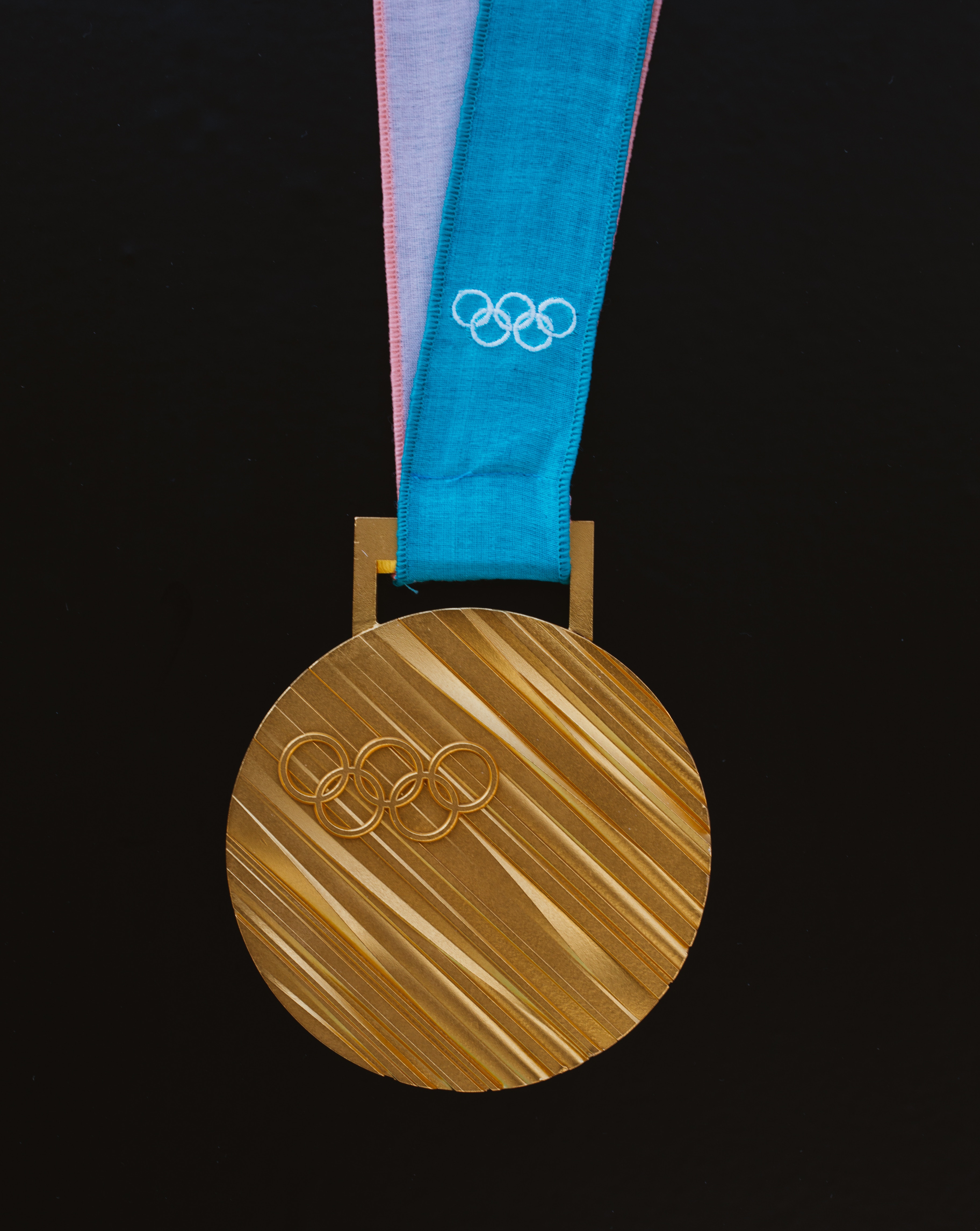Throughout the PyeongChang 2018 Winter Olympics there has been enormous discussion regarding the mental preparation these high performance athletes use to try to get the best out of themselves when it matters most. Good news…you can use these same strategies to try to ace that job interview you’ve got coming up. Below are a couple of tips for using mental preparation to show up at your best.
1. Preparation is key. Do some visualization and contingency planning prior to the interview. Imagine yourself in the interview. How do you want to feel? What are some key things you want to get across about yourself? What questions might you get asked and how will you respond? Imagine the interview going well but also imagine some challenging moments so you can prepare for responding to them.
2. To feel confident, you have to believe in yourself. If you are experiencing self-doubt, telling yourself to be confident is not likely going to be all that effective for changing how you feel. In order to increase your self-belief, write down some “evidence” for why you should believe you will do well in the interview and are a good fit for the job. Also, make sure you are feeding your confidence using many sources…the things you’ve accomplished up to this point, the feedback you’ve gotten from other people, the preparation you’ve done recently (see #1) but also in the long-term, the challenges you’ve encountered and overcome along the way, and anything else that helps you believe you are ready for this interview and job.
3. Reframe your emotions and focus on the controllables. Is that increased heart rate you are feeling signaling you should be worried about how you will do during the interview or is it a signal that you are excited because you really want the job? It’s natural to feel anxiety leading up to something we think is important; remind yourself what you are feeling is normal, focus on the excitement instead and what you have control over, and think about being grateful for having this opportunity.
4. Regulate your breathing. Because breathing happens without our volitional control we think that it is always working in a way that is benefiting us. This is true, but it might not be what we most need at the time. We are built to protect ourselves (mind and body) so when something is important, our inner alarm bells start going off signaling that we need to prepare in case we have to act. One way that our body helps us to prepare for this is by increasing our breathing rate. We typically interpret this as nervousness and let our bodies continue to act on our behalf. However, what will serve us best here is to deepen that breathing again. In order to do this, take some longer exhales and then reset your nervous system by using what the military calls tactical breathing (inhale for a count of four, pause for a count of four, exhale for a count of four, pause for a count of four; repeat several times).
5. Think about what matters most to you (and I don’t mean landing the job or making money). One of the things we are always driven to do is feel aligned with our core values and beliefs so we on some level notice when we are not behaving consistent to these (called cognitive dissonance). Yet we don’t usually take the time to consciously think determine our core values in the first place. So, take a few minutes and think about what’s most important to you when it comes to you and your career…is it passion? Creativity? Kindness? Hard work? Identify three or four core values and then think about what alignment with these looks like for you. During the interview, how would you demonstrate these values? If you land the job, what would this look like day in and day out? How would approaching your work consistent with these values benefit those you are working with (for example, fellow employees) and those you are working for (for example, customers of the company)? Before and during the interview, remind yourself of your values.
6. Last, but not least, if you don’t ace the interview or land the job, focus on resilience. How can you learn from this experience and use that for your next interview? We don’t always perform at our best and we don’t always get what we want so the key is to reflect in order to keep moving forward. Resilience isn’t about bouncing back but rather becoming better as a result of our “failures”. What did you do well? What could you have done better or different? What did you learn? Reflect on those questions and come back stronger for your next interview.


